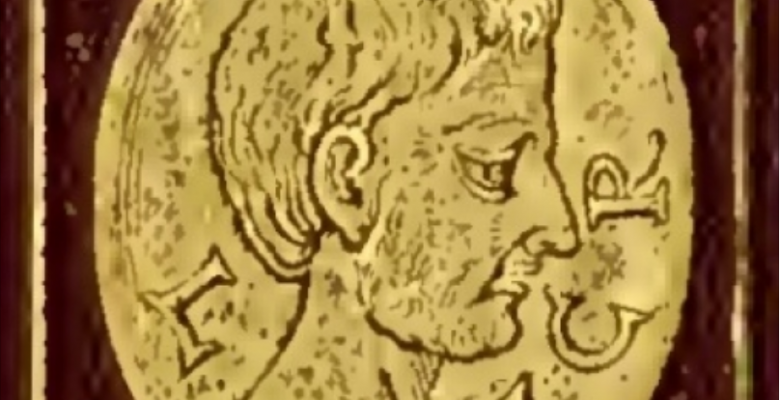Lucretius Today Podcast 240 Is Now Available
# Episode 240
Episode 240 – Cicero’s OTNOTG 15 – The False Allegation That The General Assent of Mankind is the Epicurean Basis For Divinity – Not Yet Released
Welcome to Episode 240 of Lucretius Today. This is a podcast dedicated to the poet Lucretius, who wrote “On The Nature of Things,” the most complete presentation of Epicurean philosophy left to us from the ancient world.
Each week we walk Episode 240 – The Academic Skeptic Falsely Alleges That Epicurus Bases His Argument For Divinity On The General Opinion Of Mankind – Not Yet Releasedyou through the Epicurean texts, and we discuss how Epicurean philosophy can apply to you today. If you find the Epicurean worldview attractive, we invite you to join us in the study of Epicurus at EpicureanFriends.com, where we have a thread to discuss this and all of our podcast episodes.
Today we are continuing to review Cicero’s “On the Nature of The Gods,” which began with the Epicurean spokesman Velleius defending the Epicurean point of view. This week will continue into Section 23 as Cotta, the Academic Skeptic, responds to Velleius, and we – in turn – will respond to Cotta in particular and the Skeptical argument in general.
Today’s Text
XXIII. You have said that the general assent of men of all nations and all degrees is an argument strong enough to induce us to acknowledge the being of the Gods. This is not only a weak, but a false, argument; for, first of all, how do you know the opinions of all nations? I really believe there are many people so savage that they have no thoughts of a Deity. What think you of Diagoras, who was called the atheist; and of Theodorus after him? Did not they plainly deny the very essence of a Deity? Protagoras of Abdera, whom you just now mentioned, the greatest sophist of his age, was banished by order of the Athenians from their city and territories, and his books were publicly burned, because these words were in the beginning of his treatise concerning the Gods: “I am unable to arrive at any knowledge whether there are, or are not, any Gods.” This treatment of him, I imagine, restrained many from professing their disbelief of a Deity, since the doubt of it only could not escape punishment. What shall we say of the sacrilegious, the impious, and the perjured? If Tubulus Lucius, Lupus, or Carbo the son of Neptune, as Lucilius says, had believed that there were Gods, would either of them have carried his perjuries and impieties to such excess? Your reasoning, therefore, to confirm your assertion is not so conclusive as you think it is. But as this is the manner in which other philosophers have argued on the same subject, I will take no further notice of it at present; I rather choose to proceed to what is properly your own.
I allow that there are Gods. Instruct me, then, concerning their origin; inform me where they are, what sort of body, what mind, they have, and what is their course of life; for these I am desirous of knowing. You attribute the most absolute power and efficacy to atoms. Out of them you pretend that everything is made. But there are no atoms, for there is nothing without body; every place is occupied by body, therefore there can be no such thing as a vacuum or an atom.

